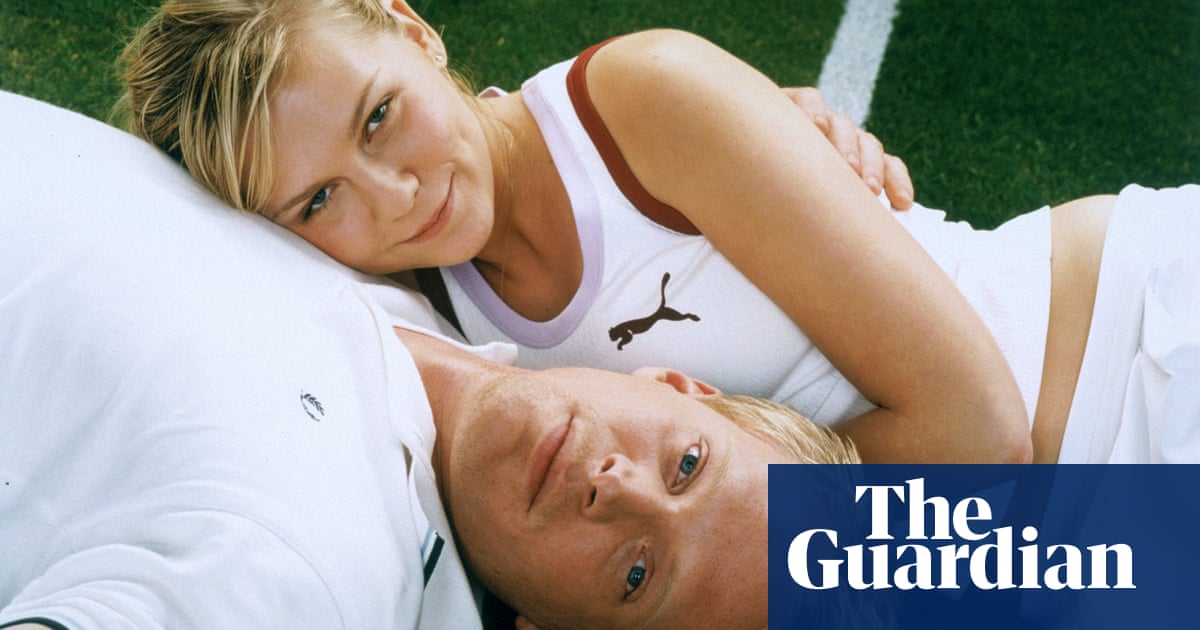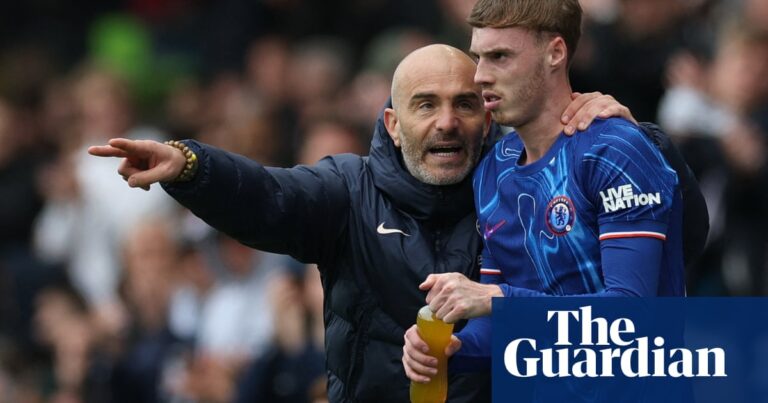
When the average punter considers tennis, they conjure the legends of the game: Serena Williams’ revolutionary power and style; Djokovic’s irreverent on-and-off court behaviour; and closer to home, Hewitt’s insistence on celebrating a winning point by miming a tête-à-tête between himself and a hand puppet.
Peter Colt – the bumbling protagonist of Richard Loncraine’s 2004 romcom Wimbledon, played by Paul Bettany – is no such household name. “For the better part of ’96”, he ranked eleventh in the world, but now he’s an unseeded, washed up 31-year-old struggling to accept his inevitable descent into obscurity. Before he reluctantly accepts a role as tennis director of a private club (full of lascivious older ladies), he’s set to play his last Wimbledon.
There’s the scent of an original story about what happens to great but not quite legendary professional athletes in this film – which came out 20 years before Luca Guadagnino’s sexy dramedy Challengers. Few of us will ever flirt with glory as closely as Peter has, but most can relate to the eventual need to neuter our once lofty childhood aspirations, accept our station in life and, ideally, come to the realisation that achievements alone don’t connote one’s value in the world. Wimbledon is a far more conventional offering about (don’t worry, it’s impossible to spoil this film) the potential for love to transform a middling underdog into a champion.
A classic meet-cute mix up sees Peter stumble into the wrong hotel room of the American enfant terrible of tennis, Lizzie Bradbury – played with verve by Kirsten Dunst – freshly showered and sans tennis whites. She welcomes the intrusion. Peter manages a ridiculous, “May I say good body-luck! Shit!” on his way out, which she finds inexplicably endearing, jump starting an unlikely romance.
Because Wimbledon runs just over a respectful 90 minutes, the speed and intensity of Peter and Lizzie’s courtship is perplexing. A British accent, a bundle of fish and chips, and a shot to the smarmy face of Lizzie’s archetypal jock ex-boyfriend is seemingly all it takes for Peter to secure the heart of the baddest bitch in the game.
Luckily, the film fills in the blanks, with perfectly twee montages of the pair walking arm in arm to David Gray’s This Year’s Love or as they flee paparazzi for a spontaneous, mid-tournament seaside jaunt. (In Wimbledon, the presumably gruelling schedule of an athlete can stretch to accommodate significant frivolity, from a long, romantic jog on cement in Converse sneakers, to a bottle of red with the family on the eve of a career-defining match).
To be fair, perhaps the film’s writers were going for a rogue Dennis Rodman-partying-in-Vegas or Ben Cousins-absconding-from-police approach to professional sportsmanship.
But Wimbledon’s joy lies in surrendering to a universe in which extraordinary things come to unremarkable people, even when they mainly can’t muster the strength to try very hard. Once you’ve embraced the film’s comforting predictability and refusal to sit with narrative tension, there’s so much to delight in: Peter’s Fred Perry sports jacket; not one, but two, Sugababes songs; stylish tennis scenes crafted with oversight from Australian great Pat Cash; and quippy lines like “Love means nothing in tennis: zero. It only means you lose.”
Perhaps most pertinently, if you’re struggling to accept your own mediocrity, Wimbledon encourages you to stave off gloomy reality and hold on to those delusions of grandeur for just a little longer.
Who knows? This might be the year you finally get the dream girl and conquer your own personal Wimbledon.
-
Wimbledon is available to stream on Apple TV+ in Australia, and on Paramount+ in the UK and US. For more recommendations of what to stream in Australia, click here
Source: theguardian.com


















